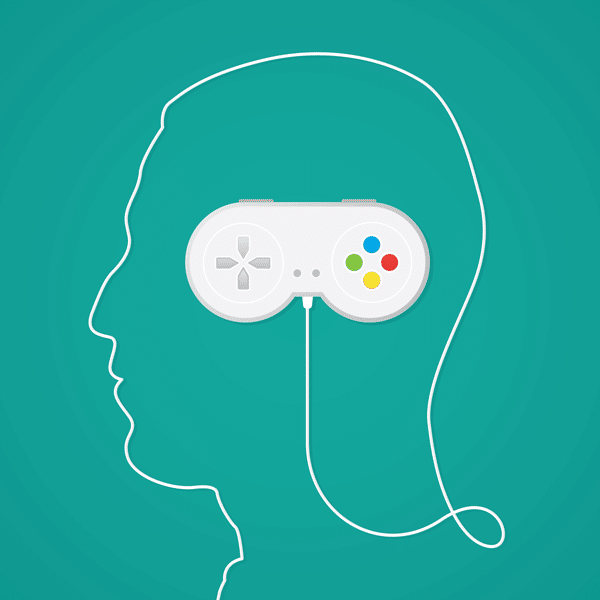Special Report: The Interactive Metronome (IM) and ADHD
National Time Management Month is celebrated during February each year. February is the perfect month to focus on time management skills with your clients. Time management is not as complex or difficult as it seems. When children learn time management early in life, they tend to do so for the rest of their lives. Time management in students helps them achieve their academic and recreational goals. It also teaches them to be independent and productive.
Children diagnosed with Attention-deficit/hyperactivity disorder (ADHD) often have difficulty staying on task and staying organized, all of which can make time management challenging. This is because of the way the brain tends to process things when a person is living with ADHD.








